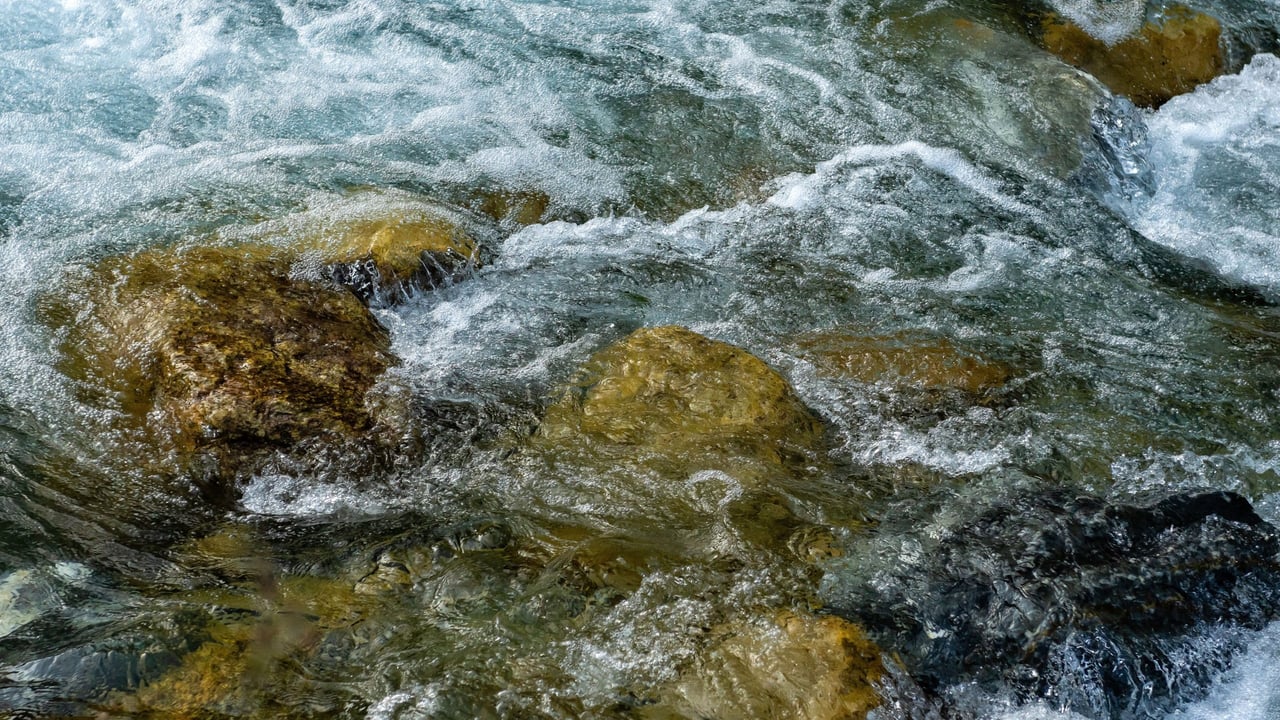450 scientists sound alarm on Europe's declining freshwater bodies
Over 450 scientists, seven of whom are Irish, have penned an open letter to the EU, urging member states to address the declining state of Europe's freshwater ecosystems and to uphold the environmental objectives of the Water Framework Directive (WFD).
The signatories have called on the European Commission, the European Parliament, and EU Member States to tackle the increasing threat of chemical pollution, including that of per- and polyfluoroalkyl substances (PFAS), in upcoming trilogue negotiations.
PFAS are hazardous and persistent pollutants that pose a threat to human health and environment, according to the European Food Safety Authority. Known as "forever chemicals", once released, they can persist in water bodies and within the food chain for generations.
According to a recent European Environment Agency report, just 37% of Europe’s water bodies have been classed as having 'good' ecological status, a measure of aquatic ecosystem health, while only 29% achieved 'good' chemical status.
In their letter, the scientists also pointed out that 85% of freshwater species populations have collapsed in the decades since 1970, due to the habitat loss and pollution resulting from the degrading aquatic ecosystems evident in Europe.
Additionally, the latest Eurobarometer survey, published this week showed that 78% of Europeans are concerned about water pollution and the impact of chemicals on their health, and want stronger action to address this at an EU level.
The signatories of the open letter stated that the WFD - the EU's current water quality legislation that was adopted in 2000 - is not fit for practice in its current form.
They argued that the monitoring, reporting, and pollution control measures outlined in the WFD need updating to reflect the current extent of chemical pollution in the EU and its implications for aquatic biodiversity.
According to the scientists, the existing monitoring practices focus on a "limited and outdated" list of pollutants, failing to account for complex chemical mixtures that commonly occur in European rivers, even when individual substances are considered safe.
While the signatories welcomed ongoing updates to the WFD and the related Environmental Quality Standards Directive and the Groundwater Directive, they stressed the need for new scientific tools such as effective-based monitoring and non-target screening to assess the extent of water pollution.
The scientists accepted that while such tools required investment, the cost of inaction - such as biodiversity loss, drinking water contamination and remediation measures - "far outweigh the expense".
"Turning a blind eye to this issue and pushing action into the next decades or introducing new ways to circumvent existing requirements is only aggravating the problem, and creating a far greater social, environmental and economic challenge for the future," the letter read.
The signatories urged policymakers to adopt up-to-date water pollution standards and implement new assessment tools to safeguard the future of European freshwater ecosystems.
The World Wide Fund for Nature's European policy office expressed its support for the sentiments of the scientists' statement, with water and climate change adaptation policy officer, Codruta Savu, stating:
“Europe’s waters are drowning in chemical pollution, yet EU water protection standards are nearly obsolete, and enforcement is weak - to the extent that hundreds of scientists are sounding the alarm.
"We need stronger pollution limits, better monitoring, and full implementation of the Water Framework Directive’s non-deterioration principle.”





